In the post meeting press conference, BoJ Governor Haruhiko Kuroda warned of downside risks to the economy “particularly via overseas economic developments”. He added, “if trade frictions persist, that could have a broad impact on Japanese and overseas economies.” Nevertheless, he also pointed to tankan survey and BoJ’s internal hearings, and noted “trade frictions on Japan’s economy is limited for now”. There is so far no change in the view that the economy is “expanding moderately”. Also, ” momentum for achieving our price target is sustained.”
Kuroda also sounded open to more easing and noted “If we think doing so would be necessary to sustain the momentum for achieving our price target, we will ease monetary policy further as appropriate.” The options for additional easing include cutting the short-term interest rate target, lowering the long-term yield target, ramping up asset buying and accelerating the pace of increase in base money.




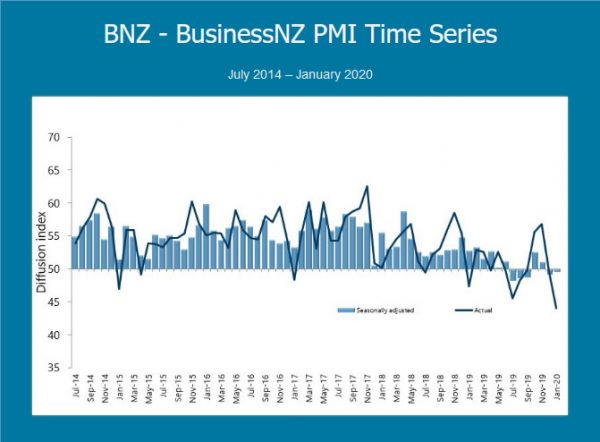
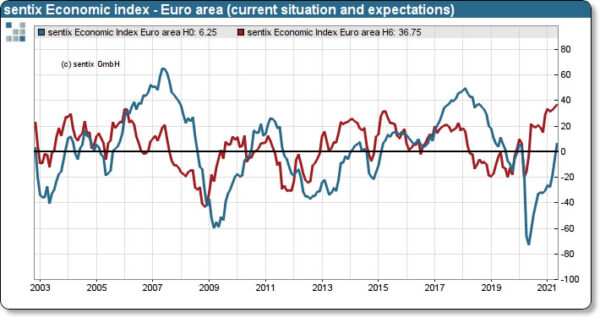
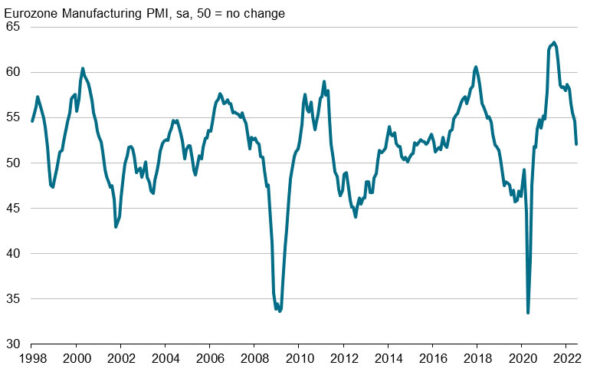
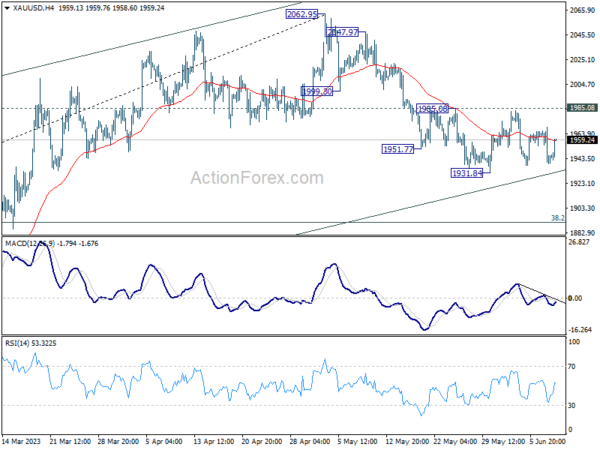
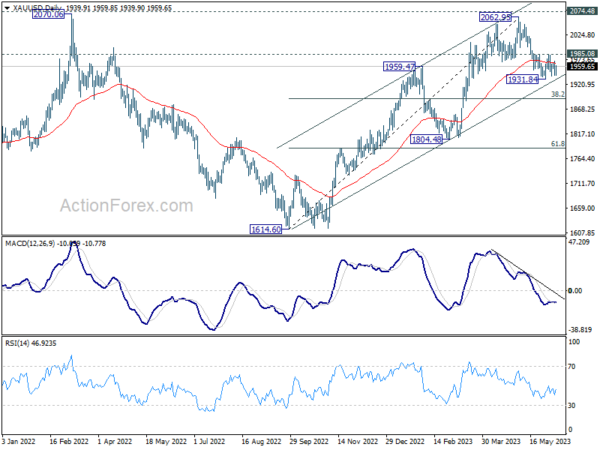
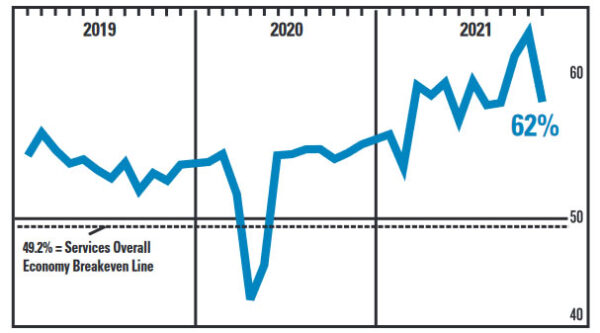
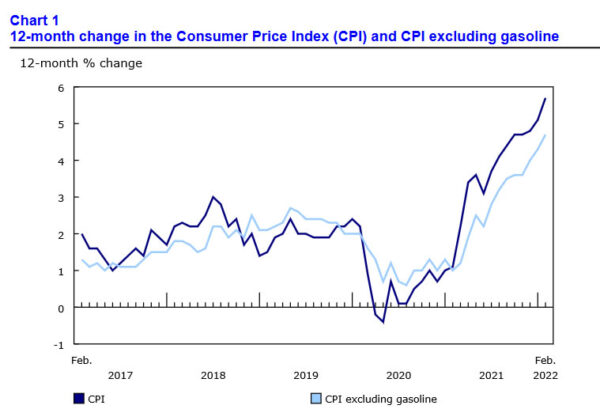
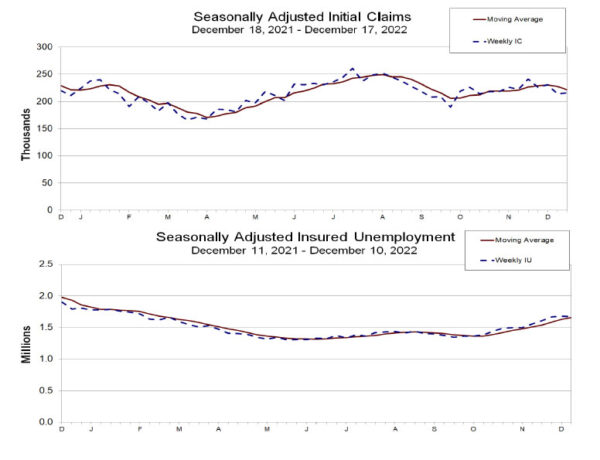
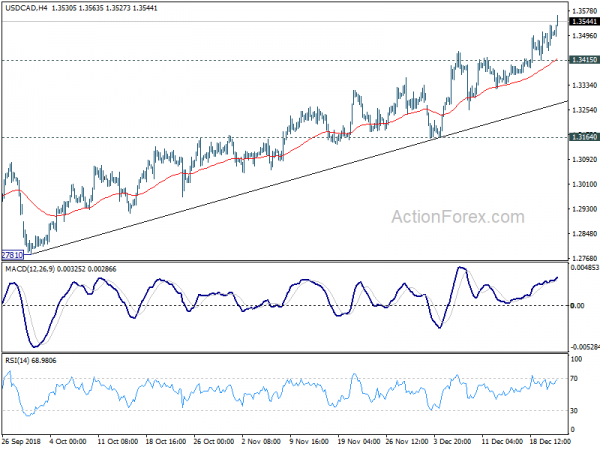
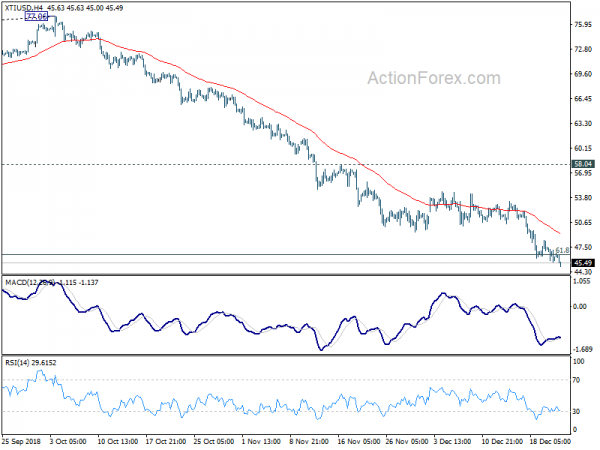
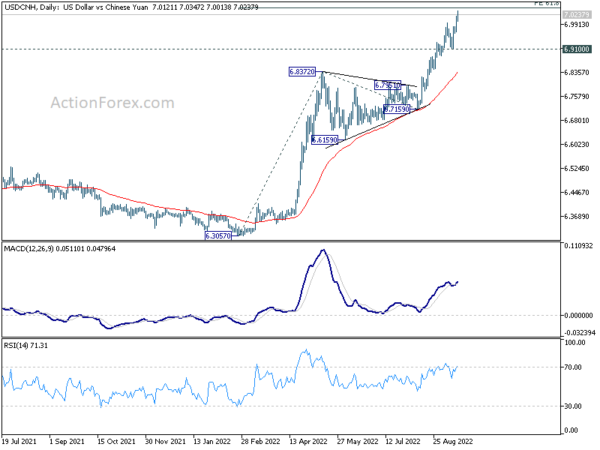
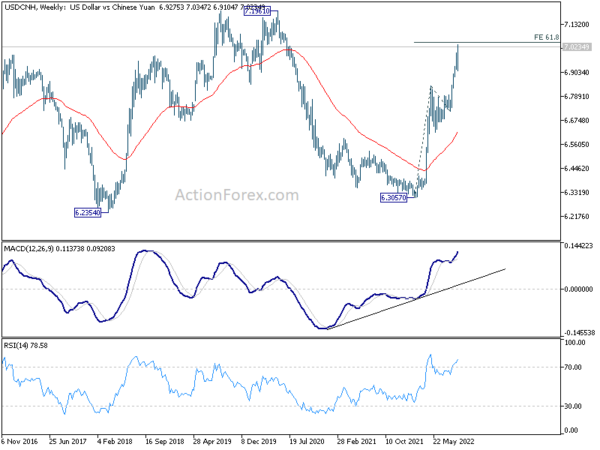

China said to cut import tariffs again in October
Following up on Chinese Premier Li Keqiang’s pledge to further reduce tariffs on Wednesday, it’s reported that China is planning to cut average tariff rates on goods from the majority of its trading partners as soon as next month. Around 1500 consumer products lines could be included in the list. It is a follow up move to a similar tariff cut back in July on a number of consumer goods. So far, there is no official comments from the Ministry of Finance regarding the topic.
The act is seen as a tactic in the trade war with US that achieve multiple purposes. Firstly, domestic consumptions can be boosted. Secondly, it can should to the world that China is working on opening its markets and it’s consistent with its own claim of advocating free trade. Thirdly, it’s unsure how the cut in tariffs affect US goods as the so-called most favored nation rate also applies. But the act will certainly give extra incentive for Chinese consumers to buy more non-US products.